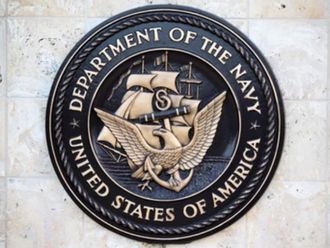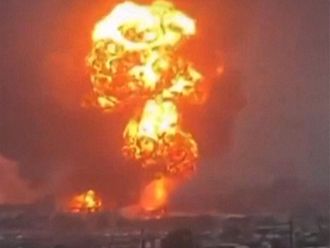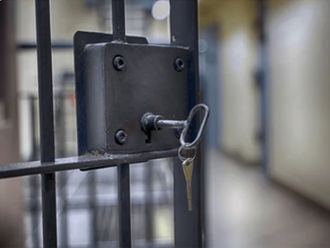United Nations: The UN Security Council on Tuesday unanimously passed a resolution threatening sanctions against groups seen undermining Yemen’s political transition and staging attacks in the country.
So-called “spoilers” such as the family and supporters of former president Ali Abdullah Saleh, though not named in the resolution, are a particular target of the warning in Resolution 2051, diplomats said.
The 15-nation council gave strong support to the efforts of President Abd Rabbo Mansour Hadi’s efforts to reform the security and armed forces and launch a national conference of rival parties and factions.
Hadi was sworn in on February 15 following an uncontested election brokered as part of a settlement by the Gulf Cooperation Council.
But Al Qaida in the Arabian Peninsula (AQAP) has staged a growing number of attacks in the south of the country, Hadi has met major resistance to political change from various factions and the country is in the grip of a major humanitarian crisis with widespread malnutrition.
The council condemned the Al Qaida attacks and said it “demands the cessation of all actions aimed at undermining the government of national unity and the political transition” after Saleh’s departure.
It demanded a halt to attacks on oil, gas and electricity infrastructure and to “interference” in government efforts to name new heads of the armed forces.
The council expressed its “readiness to consider further measures, including under Article 41 of the UN Charter if such actions continue.”
The article allows for mainly economic sanctions, such as an assets freeze and travel ban.
Diplomats highlighted how Russia and China had agreed to the sanctions threat, while they have so far blocked moves to step up international action against Syria’s President Bashar Al Assad.
They also highlighted how the followers of Saleh, who stood down after a year-long mass uprising, were a major focus of international warnings.
“They should read this resolution particularly carefully,” Britain’s UN ambassador Mark Lyall Grant told reporters.
The resolution “makes clear that any spoilers, those who are trying to disrupt the transition, disrupt the national dialogue, disrupt the national unity government, will be held accountable,” Lyall Grant added.
Yemeni Nobel Peace prize laureate Tawakul Karman welcomed the resolution and said the members of Saleh’s family who still hold top jobs in the military must change.
“Some of the Ali Saleh family, they lead the army and the security forces and the resolution of the Security Council was clear that they must change,” Tawakul told reporters outside the Security Council.
Transitional justice
The resolution also called on Hadi’s government, however, to quickly pass legislation on transitional justice to support reconciliation efforts. Hadi must also guide through legislation to allow for new national elections in 2014.
“The timeline for this transition is very tight and there is no time to lose,” said UN special envoy for Yemen, Jamal Benomar, calling for the legislation to be quickly passed.
The UN Security Council also sought to rally international support for efforts to alleviate Yemen’s humanitarian crisis.
Yemen is the poorest country in the Middle East. The UN estimates that almost one million children there suffer from acute malnutrition and that more than one quarter of the population of about 19 million do not get enough food.












